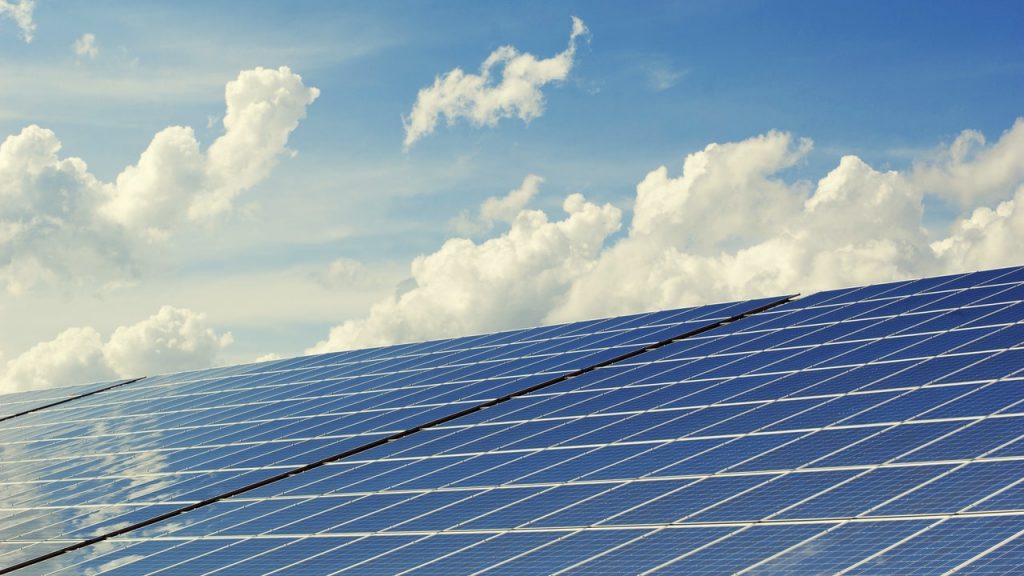VICTORIA — The Province of British Columbia is investing $650,000 through a new program to help fund community-owned clean energy projects.
The Community Energy Leadership Program (CELP) funding initiative is aimed at assisting communities to lower greenhouse gas (GHG) emissions, stimulate the economy and promote partnerships to advance the clean energy sector.
CELP launched in 2015 and has since provided $1.5 million for 25 community energy projects through three rounds of funding. The new CELP funding intake opened April 15 with $650,000 that was previously allocated from B.C.’s Innovative Clean Energy Fund. The province has partnered with the Fraser Basin Council for this fourth funding round.
The CELP application is a two-step process and expressions of interest can be submitted until May 15, followed by a full application for those short-listed applicants invited to submit between early June and mid-July. Decisions are expected by the end of July.
Round Four CELP contributions will be up to $175,000 per project, with applicants required to cover a minimum of five per cent of total project costs and to secure other sources of funding as needed. Typical CELP contributions, a government release stated, range from $10,000 to $125,000.
To date the 25 projects that have leveraged $15.2 million in investment from communities and other funding partners through CELP funding will achieve annual GHG reductions of over 4,722 tonnes of carbon dioxide equivalent per year, the statement said.
CELP funding is a component of the CleanBC plan introduced in December 2018 which aims to shift away from fossil fuels and centre economic growth around GHG reductions. The plan will require all new buildings to be net-zero energy ready by 2032 and plans to reduce dependency on fossil fuels by more than 20 per cent and increase its dependence on clean energy by 60 per cent by 2050.











Recent Comments
comments for this post are closed